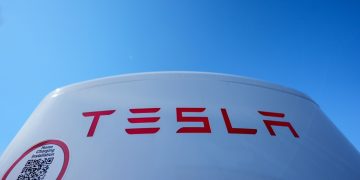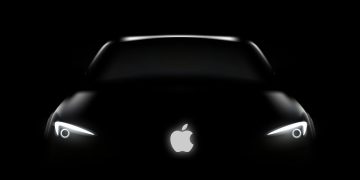In a surprising turn of events, Chinese electric vehicle (EV) manufacturer BYD (Build Your Dreams) is poised to overtake Tesla as the world’s largest electric car maker, marking a significant shift in the EV industry’s landscape. While Tesla has long been the dominant force in the global electric vehicle market, recent developments and strategic decisions by BYD have positioned it for a remarkable takeover.
BYD’s Steady Rise
BYD, founded in 1995 as a rechargeable battery manufacturer, has steadily expanded its presence in the electric vehicle market. The company’s commitment to innovation and sustainability has garnered it a strong following both in China and internationally. BYD’s product lineup includes a wide range of electric vehicles, from compact cars to buses and even electric forklifts.
One key factor driving BYD’s ascent is its focus on affordability. While Tesla has often been associated with premium electric vehicles, BYD has positioned itself as a more accessible option for consumers. This approach has resonated with a broader audience, particularly in emerging EV markets where cost remains a significant barrier to entry.

Global Expansion
BYD’s global expansion efforts have been a critical element in its bid to surpass Tesla. The company has strategically targeted key markets, including Europe and North America, where it has made substantial investments in manufacturing facilities and sales networks. BYD’s recent partnership with European car rental giant Europcar to supply electric vehicles for its rental fleet marked a significant milestone in its international presence.
Furthermore, BYD’s focus on electric buses and commercial vehicles has enabled it to capture a substantial share of the growing electric public transportation sector. In many urban areas around the world, BYD electric buses have become a common sight, contributing to the company’s reputation for reliability and performance.
Innovative Technologies
BYD’s commitment to innovation extends beyond its product lineup. The company has invested heavily in research and development, particularly in battery technology. Its Blade Battery, which features enhanced safety and energy density, has received acclaim for its potential to revolutionize the EV industry. BYD’s advancements in autonomous driving technology and its investments in AI have also contributed to its growing appeal.
Environmental Initiatives and Sustainability
Another factor contributing to BYD’s rapid growth is its strong emphasis on sustainability. The company has made substantial strides in reducing its carbon footprint, not only through its electric vehicles but also by investing in renewable energy and sustainable manufacturing practices. BYD’s commitment to environmentally friendly operations has resonated with consumers and policymakers alike, aligning with the global push for a greener future.
Tesla’s Response
Tesla, led by Elon Musk, remains a formidable player in the electric vehicle market. The company’s established brand, cutting-edge technology, and global Supercharger network give it a competitive edge. However, Tesla faces increasing competition not only from BYD but also from other established automakers entering the EV market.

Tesla has responded by expanding its product lineup, including the release of more affordable models like the Model 3 and Model Y. It has also continued to invest in battery technology and manufacturing capacity to meet growing demand.
The Road Ahead
While BYD’s potential to overtake Tesla as the world’s largest electric car maker is significant, the EV market is dynamic and highly competitive. Both companies will need to navigate various challenges, including supply chain issues, regulatory changes, and evolving consumer preferences.
As the world’s transition to electric vehicles accelerates, the competition between BYD and Tesla is a testament to the industry’s rapid evolution. Regardless of which company ultimately claims the top spot, the real winners are consumers, who benefit from a wider range of electric vehicle options and the ongoing push toward a more sustainable future.











